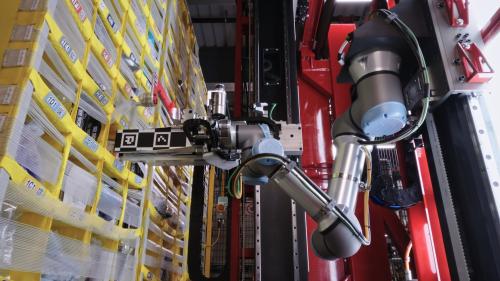

The Brookings Institution Center on Urban and Metropolitan Policy and the Progressive Policy Institute today released “The Price of Paying Taxes: How Tax Preparation and Refund Loan Fees Erode the Benefits of the EITC,” an analysis of the costs of tax preparation and “rapid refund” loans for low-income families in the nation’s 100 largest metropolitan areas.
Written by Alan Berube of the Brookings Urban Center and Anne Kim of the Progressive Policy Institute, the report finds that the proliferation of tax preparation services and products in low-income neighborhoods is undermining the effectiveness of the Earned Income Tax Credit (EITC), the nation’s largest program targeted to the working poor.
The report’s key findings are:
A typical taxpayer in Washington, D.C. claiming an EITC of $1,500 spends, on average, 10 percent of this amount on tax preparation, electronic filing, and a refund loan if he/she uses a commercial tax preparer. Typical prices for a national chain preparer operating in the area include: $60 for preparation of federal return with the EITC, $34 for a state return, $20 for electronic filing, and up to $90 for a refund loan, for a total of $204.
An estimated $1.75 billion in EITC refunds in 1999 was diverted toward paying for tax preparation, electronic filing and high-cost refund loans. That same year, nearly half of the $30 billion in EITC claimed nationwide was refunded through high-priced loans.
The nation’s largest commercial tax preparation service and tax refund lenders earned $357 million from “fast cash” products in fiscal 2001. This more than doubled the approximately $138 million these companies earned on similar products in fiscal 1998.
Electronic tax preparation services cluster in neighborhoods where large numbers of families claim the EITC. Zip codes with high concentrations of EITC filers are home to 50 percent more tax preparation services per filer than zip codes with lower concentrations of the working poor. Cities and suburbs in the South and West have the highest concentration of tax preparers in their low-income neighborhoods.
“The EITC is the federal government’s most successful anti-poverty program. Yet too many EITC dollars are rewarding tax preparers and affiliated lenders, instead of rewarding working families,” said Bruce Katz, director of the Brookings Urban Center. “Government must expand options to help make tax filing simpler and more affordable for low-income families.”
“The heavy premium low-income Americans pay for tax preparation services-and especially for “refund loans”-illuminates a larger problem: the lack of access to mainstream financial institutions,” explains Will Marshall, president of the Progressive Policy Institute. “This report documents one of the costs of this phenomenon and offers some sensible steps for ending the wealth stripping that’s all too common in poor communities.”

Christy Hoffman, Molly Kinder, Robert Puentes
July 16, 2025

July 15, 2025

Annelies Goger
July 15, 2025